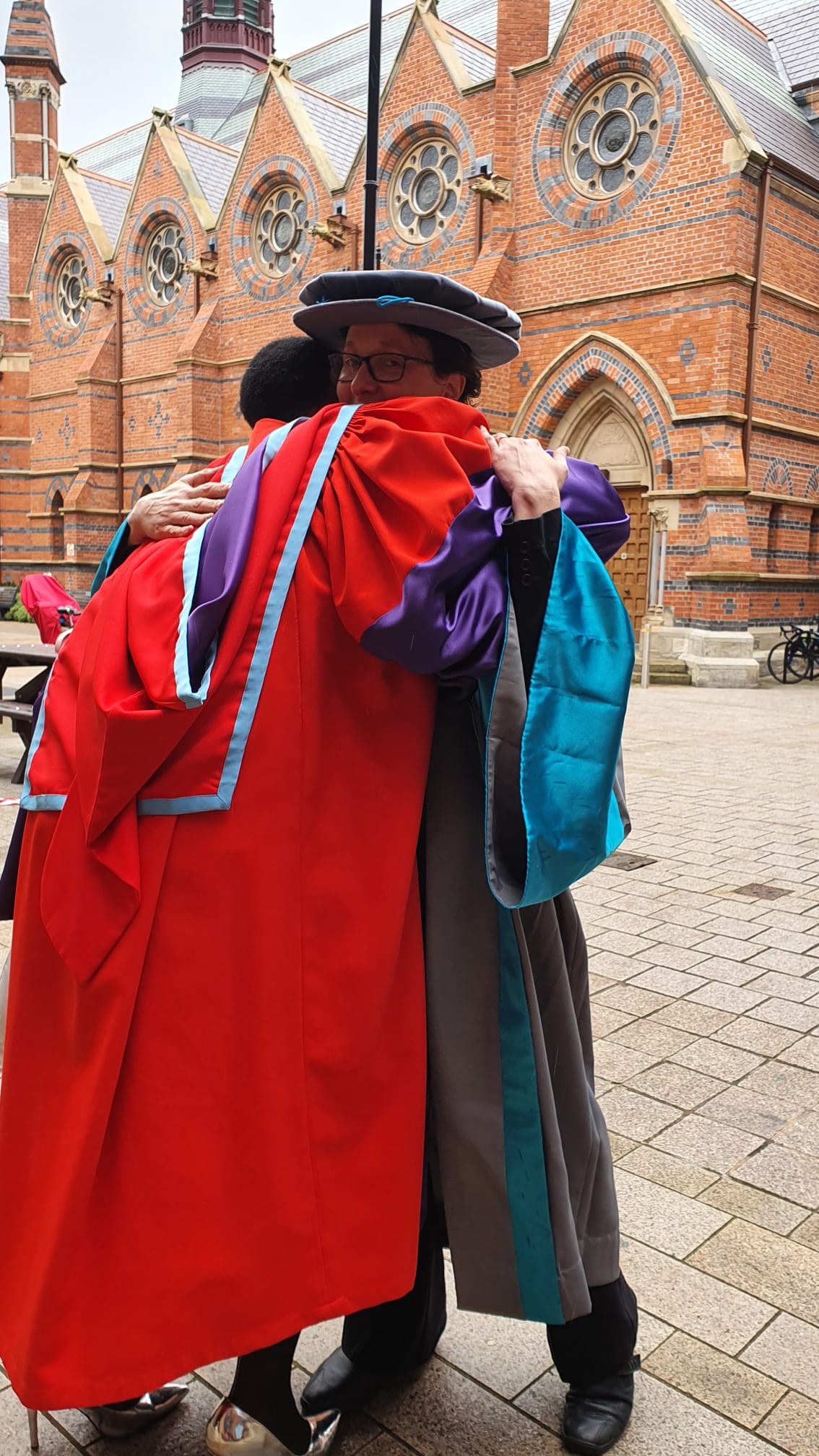
Dr Dina Zoe Belluigi PFHEA
Background
Dr Dina Zoe Belluigi is currently a Reader in Critical Higher Education at SSESW. Prior to that she was a Senior Lecturer at the Centre for Higher Education Research, Teaching and Learning at Rhodes University, South Africa; and continues to be affiliated to that country of her birth as a Visiting Professor at the Chair for the Critical Studies of Higher Education Transformation at Nelson Mandela University. She is a Governing Council member of the Society for Research in Higher Education, and serves on the Steering Committee for the Council of At Risk Academics’ Syrian Programme. Institutionally, Dr Belluigi is QUB’s representative on Scholars at Risk Ireland Committee and a member of the African Scholars Research Network. She participates in a number of capacities to support the recognition of education at QUB. Dr Belluigi is external examiner for Surrey University’s HEA Fellowship Scheme.
When asked to reflect on “what does being a Principal Fellow mean to you?” Dr Belluigi answered:
“I think that being recognised as a person committed to education in higher education is important in these times, when the educational function of universities is sadly still too often denigrated against its many other priorities. However, such recognition of impact at strategic level is never really of an individual. During my two decades in academia, I have been honoured to be at times placed, or to have created, conditions when my agency as an intellectual has accorded with strong, dedicated fellow academics and teams who approach education as a locus for transformative change. Through them I have realised that one does not have to be in a position of assigned leadership in a university to demonstrate its most meaningful ethical qualities.
Principle Fellowship recognises impactful work that crosses boundaries - whether disciplinary, institutional, national et cetera. For some of us, such work has also involved crossing the boundedness of institutional constructions of a supposed hierarchy between 'scholarship' and 'research'. I've loved learning by producing both, and occasionally through praxis. They were responsive to the needs and affordances of the cases in hand, whether about student or staff assessment, or about formal or hidden curricula. Very often such processes have substantively challenged the assumptions, norms and practices of the cases explored - and certainly troubled my assurances and those of my collaborators. At times, they revealed worrying gaps between policy-practice or principle-practice which were important to explore and explore, but are very difficult to address.
External accolades are not really what most of us are about. If anything, my hope is that colleagues who seek such formal recognition, have also experienced personal, professional or collegial moments of growth and fulfilment from their teaching, curriculum or research practice. My sense is that it is such moments that sustain us.”